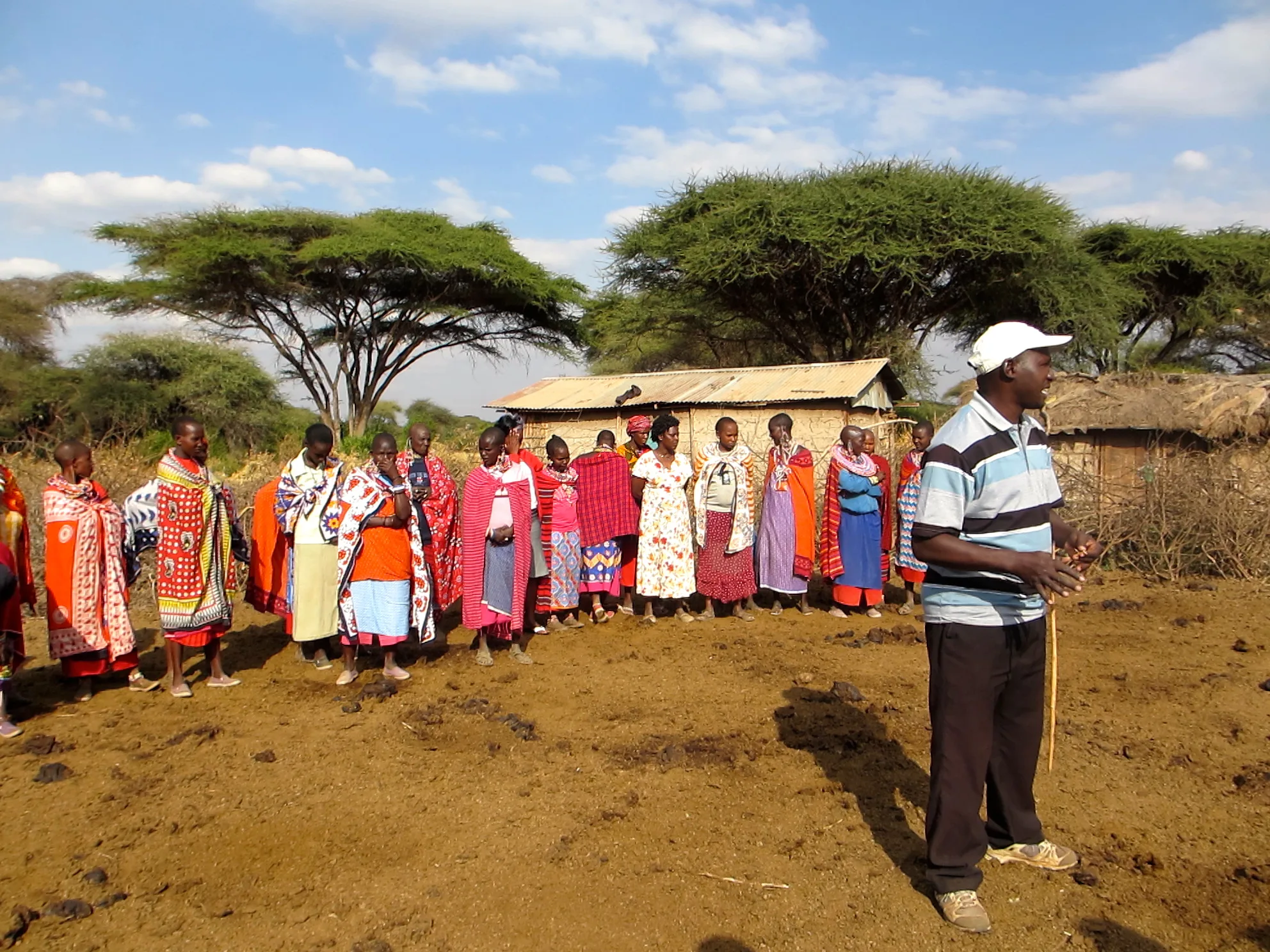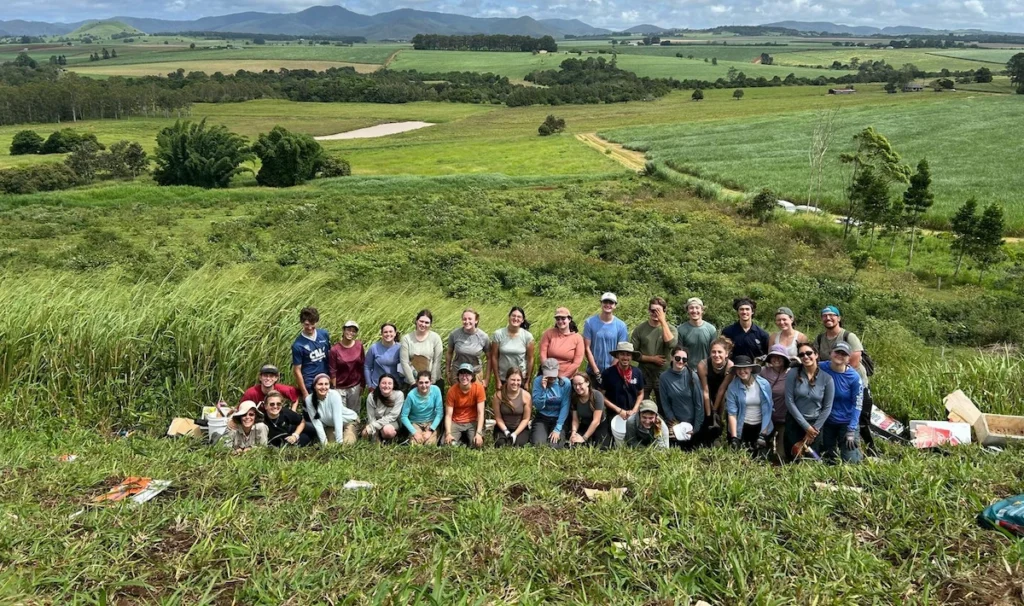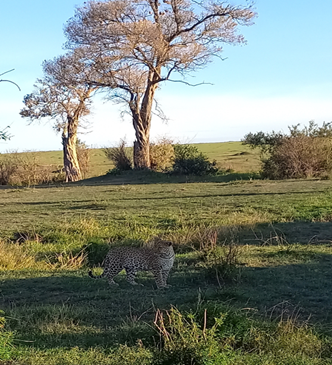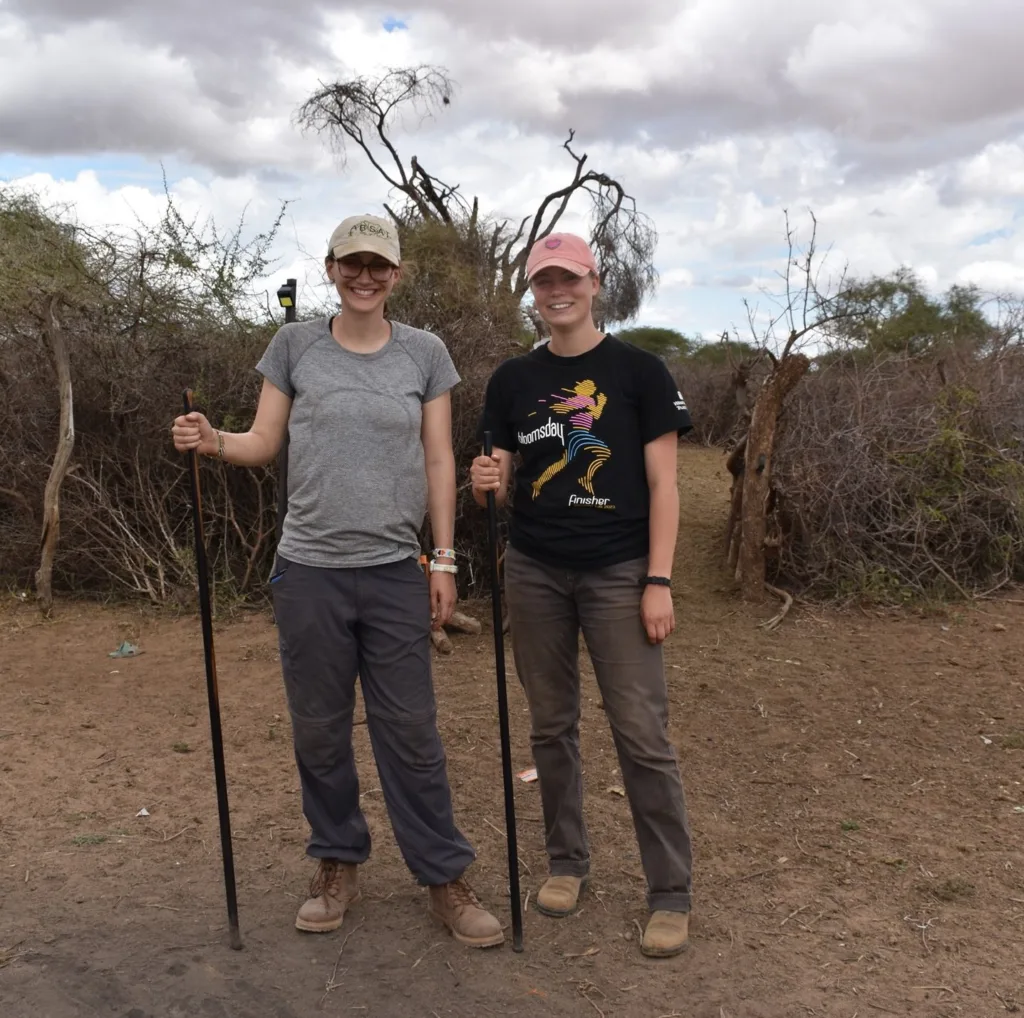Understanding Health Issues in the Loitokitok District
The Public Health & Environment students reported at Kilimanjaro Bush Camp (KBC) in the afternoon of 9th July 2013 and, after a day of rest and orientation by the Student Affairs Manager, they started engaging in the four week academic session.
A lot has been done as far as the academics are concerned but the key highlights include an introductory lecture on the Amboseli ecosystem and key changes that have occurred that have become health concerns to the Maasai and other ethnic groups, lectures on Maasai culture, gender roles and their implications to health issues in the community, an overview on the Kenya national health care strategy and overview on initiation of the Mbirikani clinic. Students learned of the Mbirikani clinic’s key programs and achievements within the community and beyond and learned of challenges faced during its operations and the health ramifications due to its closure late 2012.

According to the students, these lectures, field lectures, and field trips have given them a clear understanding of the health issues and burden facing the Maasai in the Loitokitok District especially within the group ranches where most of the Maasai reside. Lectures on the regional ecosystem and related health issues, Maasai culture and how it influences their health, and on Mbirikani clinic which was given by a retired Senior Chief of Kimana and Mbirikani Ranches and who was one of the people involved in the setting up of then clinic were rated very highly by all the students. Students have also gotten a glimpse of the type of research they will do with faculty in Mbirikani over the next few weeks. Another important academic activity which again has really solidified students’ understanding of health issues in the community is their detailed visit to the Kimana Health Centre where they were taken on a tour by the staff and saw for themselves the challenges faced by the workers and patients who get services in the facility.
Related Posts

Cinder Cone Chronicles: Lessons from Drought, Data, and Determination

